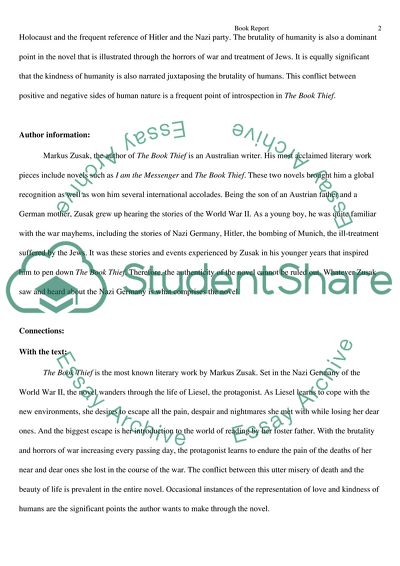Cite this document
(Death in The Book Thief by Markus Zusak Report/Review, n.d.)
Death in The Book Thief by Markus Zusak Report/Review. Retrieved from https://studentshare.org/history/1726007-book-report-of-the-book-thief-by-markus-zusak
Death in The Book Thief by Markus Zusak Report/Review. Retrieved from https://studentshare.org/history/1726007-book-report-of-the-book-thief-by-markus-zusak
(Death in The Book Thief by Markus Zusak Report/Review)
Death in The Book Thief by Markus Zusak Report/Review. https://studentshare.org/history/1726007-book-report-of-the-book-thief-by-markus-zusak.
Death in The Book Thief by Markus Zusak Report/Review. https://studentshare.org/history/1726007-book-report-of-the-book-thief-by-markus-zusak.
“Death in The Book Thief by Markus Zusak Report/Review”, n.d. https://studentshare.org/history/1726007-book-report-of-the-book-thief-by-markus-zusak.


